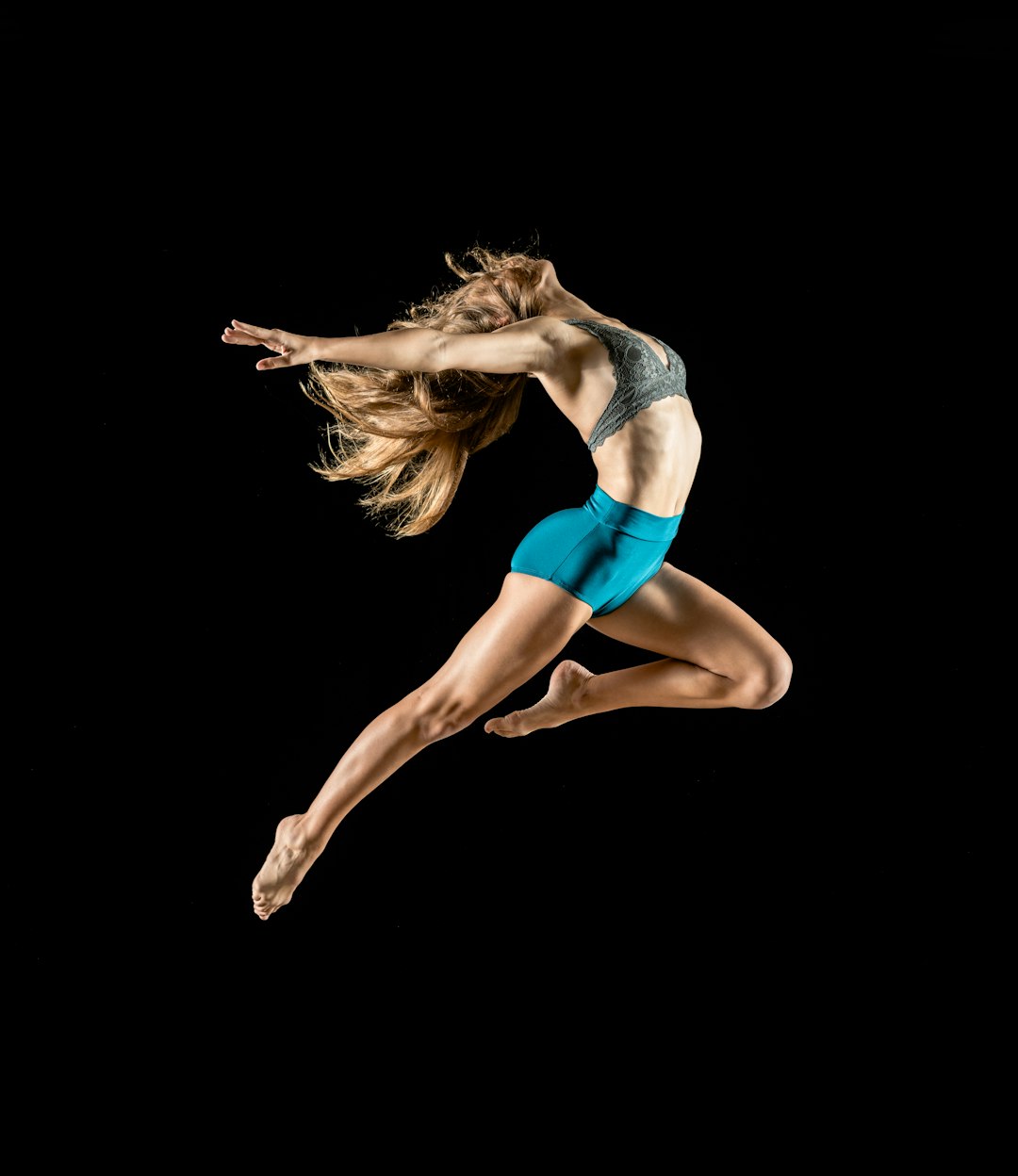Dancer Kaikanikani
Dancers entertain people by expressing ideas and emotions, usually to music, using body movements.
Dancers may do some or all of the following:
- attend dance classes to rehearse movements and learn techniques
- exercise daily
- research and identify what areas of their body are prone to injury, and work to prevent this
- combine movement with musical accompaniment
- audition for dance companies and dance roles
- study and practise roles
- complete tasks set by choreographers
- perform in front of an audience or camera.
Physical Requirements
Dancers need to have:
- excellent fitness and health
- strong feet, ankles, legs and back
- good co-ordination
- a flexible body.
Useful Experience
Useful experience for dancers includes:
- physical activities such as athletics
- dance
- ability to play a musical instrument
- acting or any other kind of public performance.
Personal Qualities
Dancers need to be:
- creative
- motivated and disciplined
- able to pay attention to detail
- punctual and reliable
- adaptable
- good communicators.
Skills
Dancers need to have:
- an understanding of different dance and drama techniques, and the ability to use them in performance
- an understanding of music and rhythm
- skill in interpreting ideas into dance
- performance skills
- the ability to memorise dance sequences
- knowledge of anatomy and how the body works.
Conditions
Dancers:
- usually work irregular hours and mostly work part time. If they are full time, dancers generally rehearse from 9am to 5pm, although when they are touring and performing they may work longer hours
- work in rehearsal rooms, studios and theatres, and may also perform outside
- may travel around the country to perform and may tour internationally.
Subject Recommendations
There are no specific secondary education requirements to become a dancer. However, music, dance and drama are useful.
Related Courses
Dancers can move into:
- dance production
- choreography
- teaching dance
- arts administration.
They may also progress to become artistic directors or set up their own dance studio.
Dancers may specialise in a particular style of dance such as:
- ballet
- contemporary
- Latin
- ballroom
- jazz
- tap
- burlesque
- kapa haka (Māori cultural dance).
Years Of Training
There are no specific requirements to become a dancer. However, a relevant tertiary qualification, such as a New Zealand Diploma in Dance, is usually required.

 Ashburton College
Ashburton College